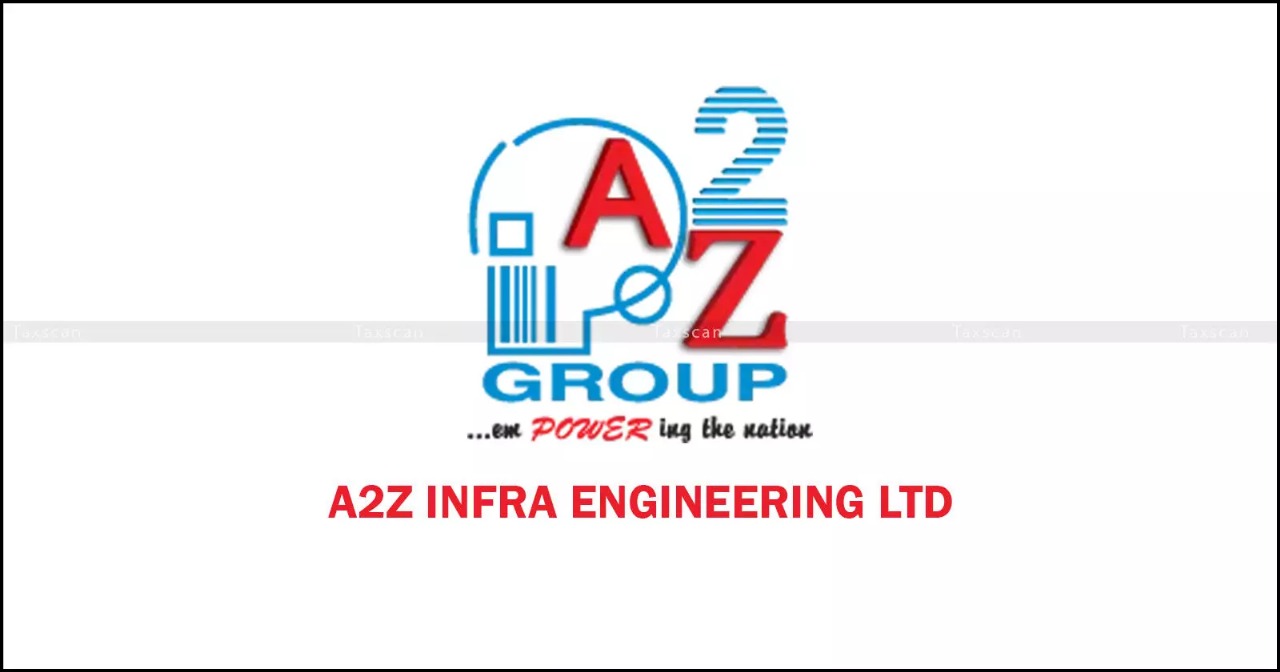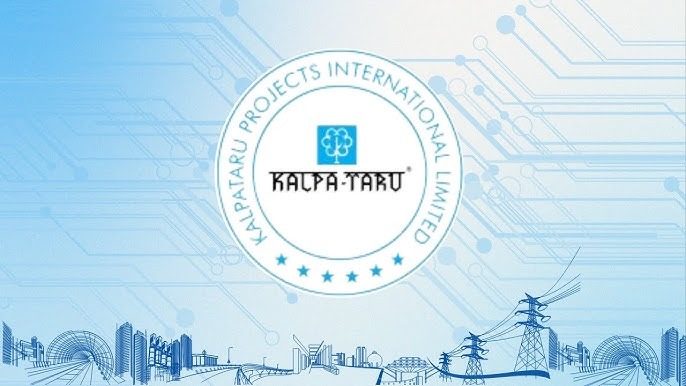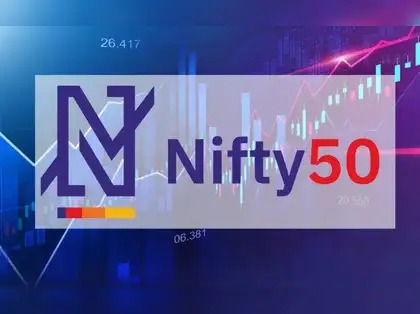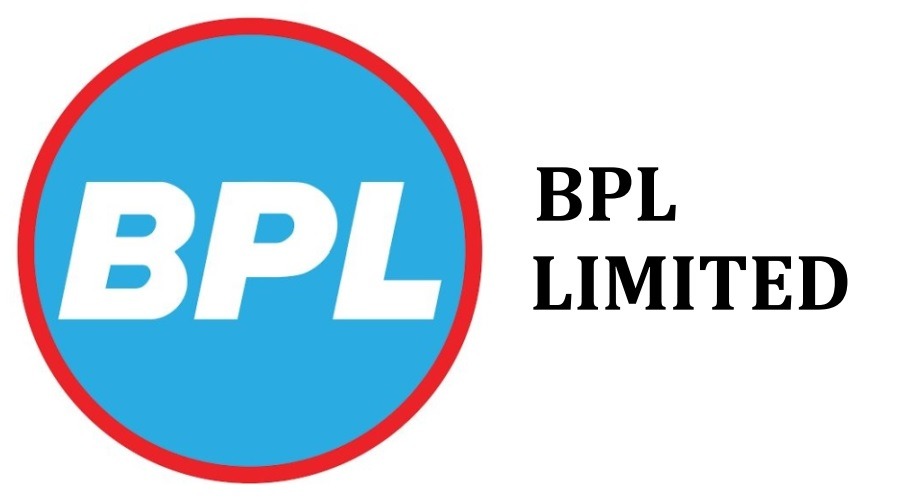
Follow WOWNEWS 24x7 on:

A2Z Infra Engineering Ltd is currently dealing with a substantial tax and penalty demand issued by the Goods and Services Tax (GST) Department for the financial year 2019-20. The company faces a cumulative demand of approximately Rs 55.3 million each towards tax and penalty, alongside a larger penalty order amounting to Rs 614 million in related proceedings. This marks a critical moment for the company as it confronts regulatory scrutiny over GST compliance, particularly relating to input tax credit claims and reporting accuracy.
Key Highlights
- GST demand of Rs 55.3 million along with an equivalent penalty of Rs 55.3 million has been imposed on A2Z Infra Engineering Ltd for FY 2019-20.
- The GST Department has issued a broader penalty order amounting to Rs 614 million.
- The demand notice relates primarily to alleged discrepancies in input tax credit claims and delayed or incorrect filings.
- The case falls under provisions of the CGST Act, 2017, with penalties imposed under specific sections addressing tax evasion and non-compliance.
- A2Z Infra Engineering has indicated plans to challenge the orders at appropriate legal forums based on their assessment of prevailing law and judicial precedents.
- The company notes that there is currently no material impact on its financials or operations due to these demands.
- These orders reflect ongoing intensified efforts by tax authorities to enforce strict GST compliance among corporates.
Background and Detailed Breakdown
The demand notice was issued by the Assistant Commissioner of GST and Central Excise authorities, citing violations found during audits of A2Z Infra Engineering’s GST returns and input tax credit claims for FY 2019-20. Key issues identified include discrepancies in credit notes, timing mismatches in GST filings, and non-adherence to prescribed timelines under the GST laws.
The penalty component, running into hundreds of millions of rupees, is imposed under specific sections of the CGST Act designed to penalize incorrect invoicing, false claims, and procedural lapses. These stringent penalties aim to deter non-compliance and strengthen the integrity of the GST tax base.
Legal Options and Company Response
A2Z Infra Engineering has declared its intention to contest the demand and penalty notices through legal channels. The company relies on favorable court judgements and detailed legal interpretations of GST provisions, especially concerning the disallowance of input tax credit and procedural irregularities.
Management emphasizes that the current demand and penalty proceedings have no adverse financial or operational consequences for the company at this stage. The board and legal advisors remain confident about a positive resolution considering the company’s transparent accounting and compliance history.
Implications for the Company and Sector
While the financial amounts involved appear large at a headline level, such tax disputes under GST law have become common in highly regulated and GST-intensive sectors like infrastructure and engineering. A2Z Infra Engineering’s situation highlights the increasing vigilance of tax authorities in scrutinizing high-value credit claims and invoicing practices to curb tax leakage.
This could prompt companies in similar sectors to reassess their GST compliance frameworks, enhance documentation processes, and prepare for more rigorous audits. Additionally, interim cash flow pressures may arise depending on the timing and outcomes of legal proceedings related to such tax demands.
Broader GST Compliance Trends
The Indian government continues to tighten GST enforcement measures with the objective of widening the tax base and ensuring correct remittance of dues. Input tax credit claims remain a key focal area with significant historical disputes around timing, eligibility, and documentation.
Increasingly, GST authorities are leveraging data analytics, cross-verifications, and in-depth audits to uncover discrepancies. Corporate India must stay vigilant and agile, investing in GST compliance technology and legal expertise to manage disputes and minimize risk exposure.
In Conclusion
The GST tax and penalty demand involving A2Z Infra Engineering Ltd for FY 2019-20 underscores the evolving regulatory environment that Indian corporates face under the GST regime. Though challenging, this episode is also an opportunity for the company to reaffirm its commitment to compliance and proactive tax governance while navigating legal complexities. The ultimate resolution of the matter will be closely watched as a benchmark for GST enforcement and dispute management in the engineering and infrastructure sector.
Sources: Taxscan News, MarketScreener reports, Economic Times Legal News, GST Department notices.




